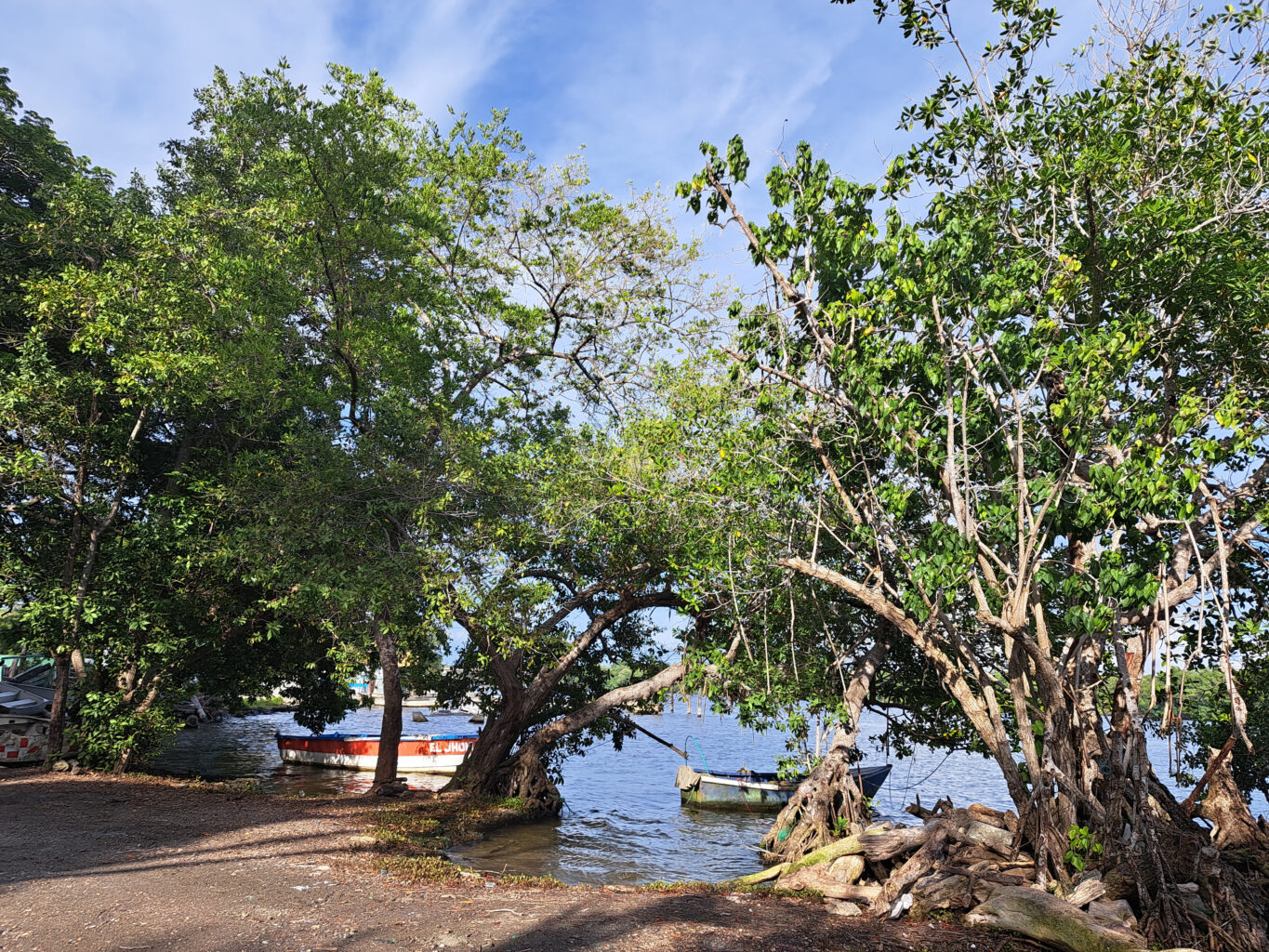Boca del Soco, in the south of the DR on the Caribbean coast, is an important mangrove area. The 2,100-acre Río Soco Wildlife Refuge is rich in biodiversity and plays a crucial role in water conservation and climate change mitigation. Species include the black, buttonwood, and red mangrove; native trees including mahogany; birds such as the tricolored heron and flamingo; and many fish, reptiles, and amphibians.
Most local people are involved in farming, but an increasing number work in tourism. To protect the vital ecosystems of the refuge, the community wants to foster environmental stewardship among children and youth. This project will transform a school garden into an educational nursery with mangroves and coastal species and a rainwater harvesting system. Community planters will showcase local species, and new murals will showcase native plants and animals. Waste management – always a tough issue in downriver communities in the DR – will be improved by workshops for community members (particularly youth). Trash and recycling bins will be installed at schools and busy areas of town.
To build community involvement in conservation, there will be wetland cleanups and trainings on mangrove ecology and sustainability. The project will also promote sustainable fishing and harvesting methods in the wetland areas. Community members will learn how to monitor the mangrove areas and track wildlife populations with GPS and mobile apps.
Our project partner is the Eco-Bahia Foundation, a nonprofit founded by the Piñero Group’s Bahia Principe Hotels & Resort and based nearby. The organization has successfully implemented numerous initiatives that benefit the environment, encourage sustainable development, and improve the wellbeing of local communities.















